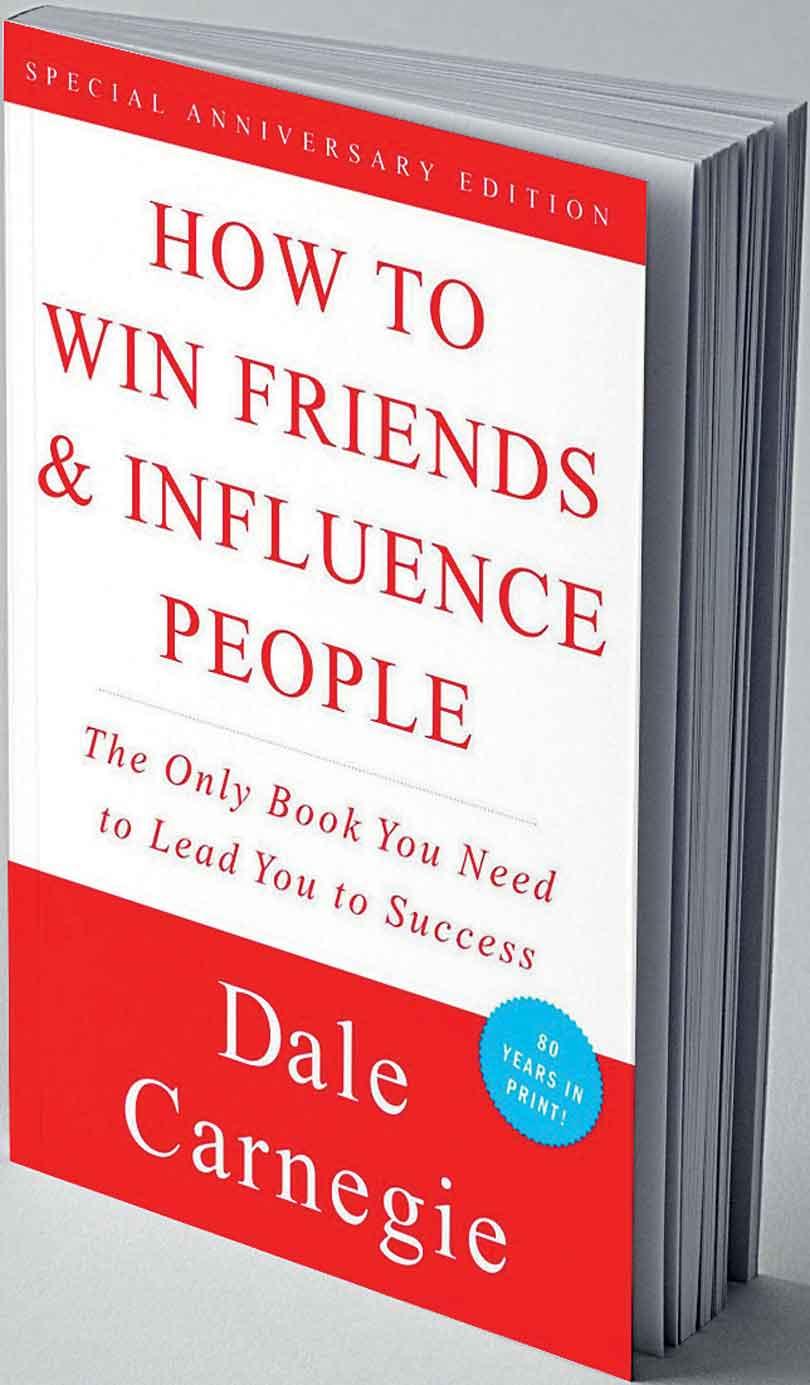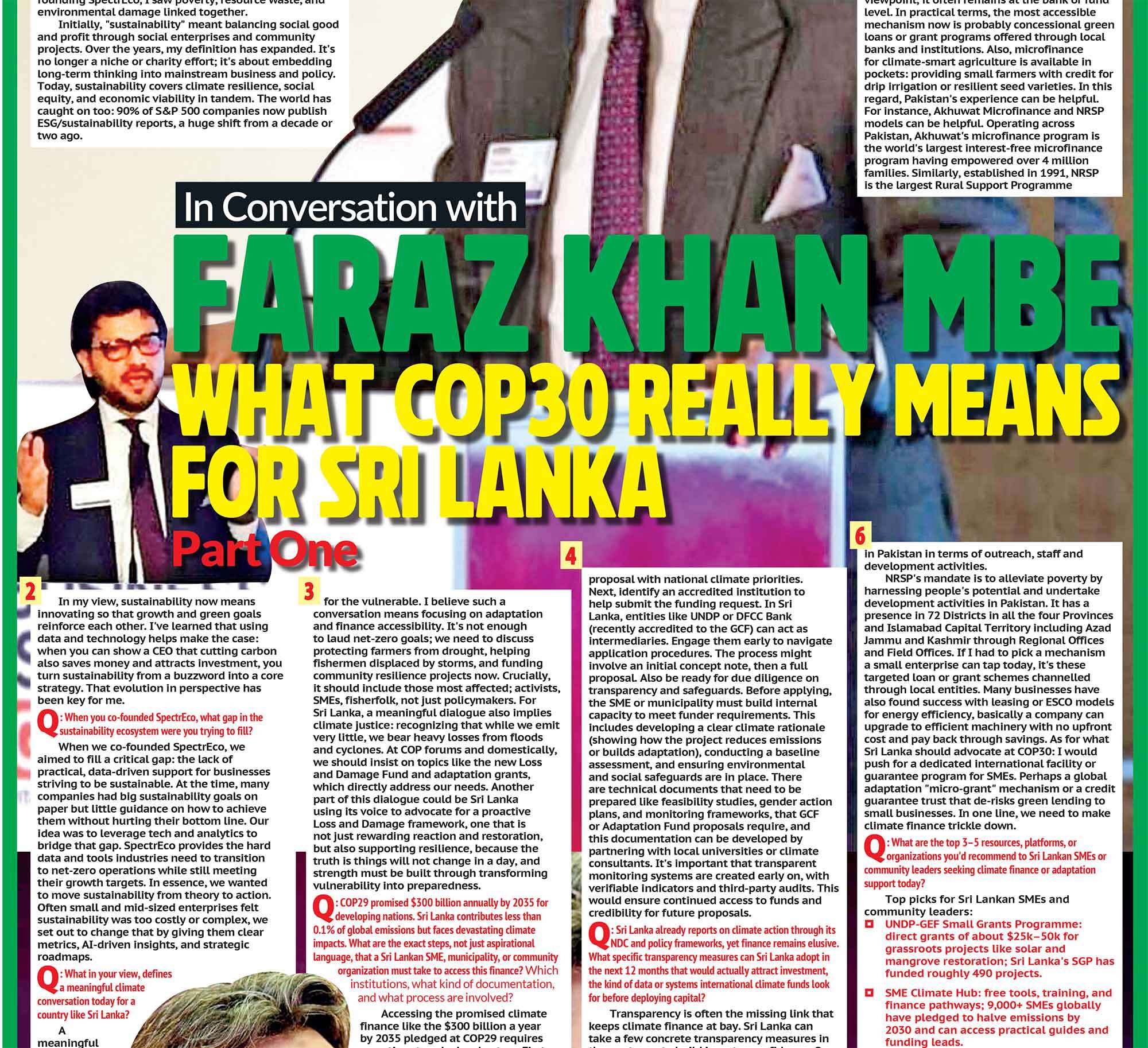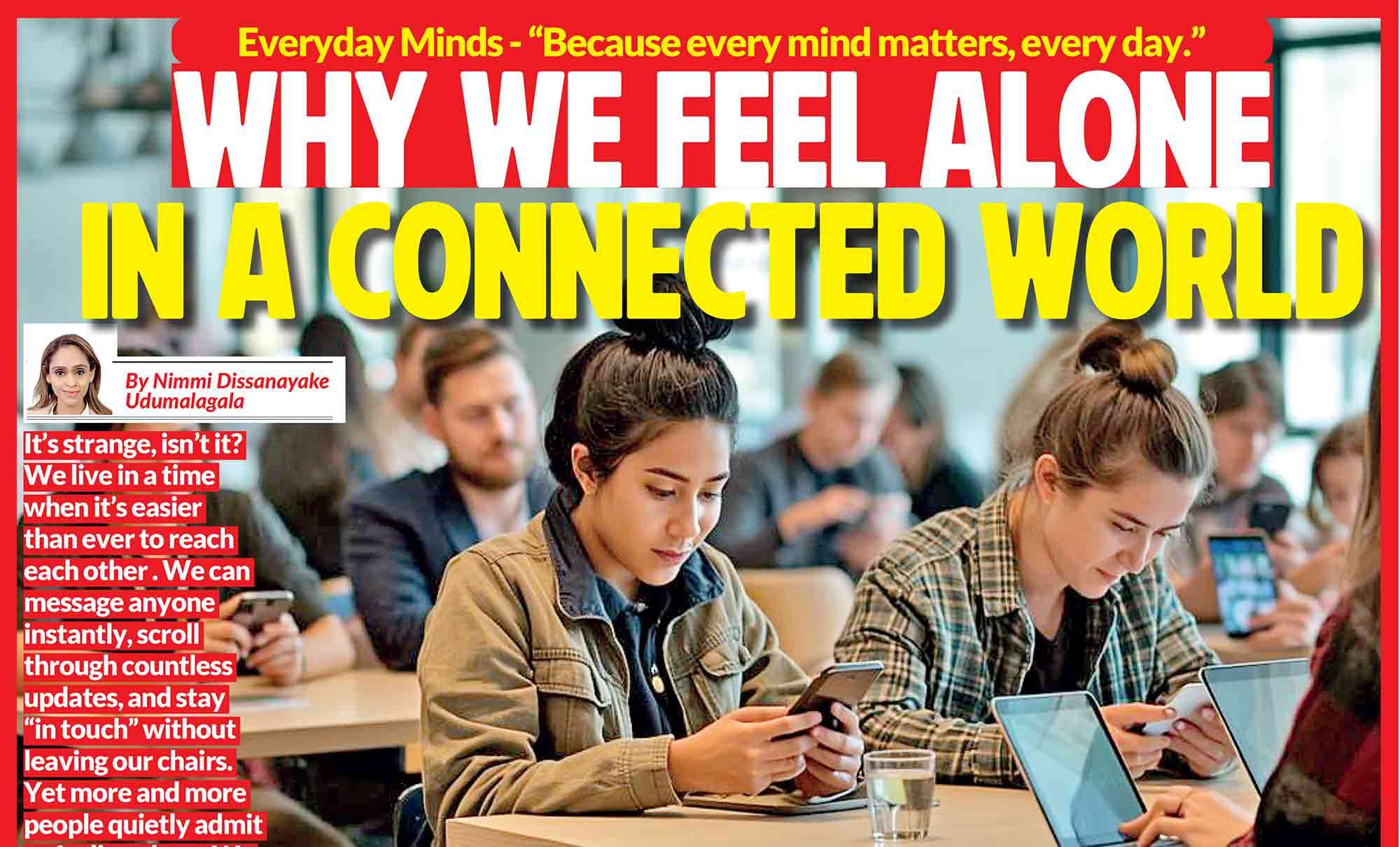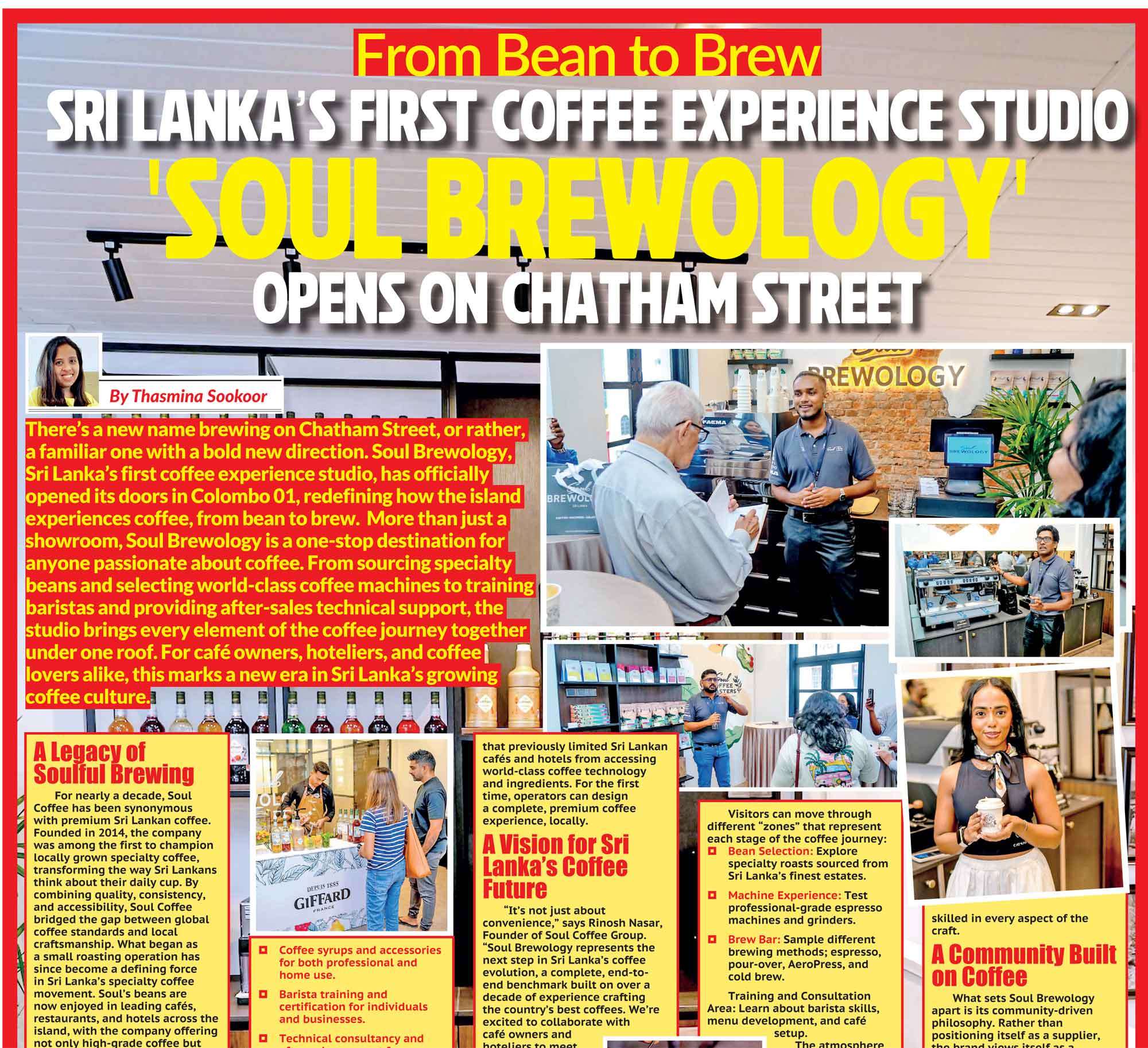


 Last week in New York, I found myself watching the dance of influence at the United Nations General Assembly. Delegations swept into meetings with carefully chosen phrases. Leaders leaned into the right photo opportunities. Civil society groups worked the corridors, and corporate chiefs reminded everyone that markets can move faster than treaties. It looked like theatre, yet it was also something older and more human. People, organisations and nations were all doing the same thing; trying to persuade. I have been curious about influence since I was a teenager. I stumbled across Dale Carnegie’s ‘How to Win Friends and Influence People,’ and it felt like being allowed backstage at the show. The book brimmed with advice that sounded like common sense, yet it worked because it treated people with respect. Smile. Listen more than you speak. Remember names. Praise sincerely. It was wisdom passed down from one generation to the next, and it still has life in it. Over time, I became curious about a more evidence-based way of thinking about influence. That curiosity led me to the work of psychologist Robert Cialdini, who set out seven principles of influence tested in both the lab and real life. I admire the clarity of his framework because it explains what I saw in New York, and what we see every day in Colombo boardrooms, in family WhatsApp groups, in school meetings, and around dinner tables from Kandy to Jaffna. The stage may change. The human script does not.
Last week in New York, I found myself watching the dance of influence at the United Nations General Assembly. Delegations swept into meetings with carefully chosen phrases. Leaders leaned into the right photo opportunities. Civil society groups worked the corridors, and corporate chiefs reminded everyone that markets can move faster than treaties. It looked like theatre, yet it was also something older and more human. People, organisations and nations were all doing the same thing; trying to persuade. I have been curious about influence since I was a teenager. I stumbled across Dale Carnegie’s ‘How to Win Friends and Influence People,’ and it felt like being allowed backstage at the show. The book brimmed with advice that sounded like common sense, yet it worked because it treated people with respect. Smile. Listen more than you speak. Remember names. Praise sincerely. It was wisdom passed down from one generation to the next, and it still has life in it. Over time, I became curious about a more evidence-based way of thinking about influence. That curiosity led me to the work of psychologist Robert Cialdini, who set out seven principles of influence tested in both the lab and real life. I admire the clarity of his framework because it explains what I saw in New York, and what we see every day in Colombo boardrooms, in family WhatsApp groups, in school meetings, and around dinner tables from Kandy to Jaffna. The stage may change. The human script does not.
Reciprocity
People feel a natural pull to return favours. At the UN, smaller states support larger powers on one vote and quietly ask for support on another. The same pattern appears when a brand offers useful information or a free trial before inviting us to become customers. In daily life, reciprocity is not about manipulation; it is about creating a rhythm of generosity. The manager who shares a draft early will find colleagues more inclined to help when deadlines tighten. The neighbour who brings string hoppers to a new family finds her phone ringing when she needs a school lift. The friend who introduces two people who can help each other earns trust in both directions. The rule is simple: give first and give without keeping a ledger. The response will come in its own time.
Commitment and Consistency
We like to see ourselves as consistent and behave in line with our past promises. Diplomats know that once a country makes a public pledge, it becomes easier to keep it on the same path. In the workplace, small commitments build big momentum. Ask a colleague to agree to a modest first step, a short discovery call, and it becomes easier to secure a larger one later. At home, families that write down shared values and pin them to the fridge find it easier to navigate disagreements. Among friends, simply voicing a plan creates gentle social pressure. Tell your running group you’ll meet at Galle Face Green at six in the morning and you’ll be there, because your word was given. The lesson is not to trap people, but to invite voluntary commitments that move everyone forward together.
Social Proof
When we are unsure, we look to others. Delegations count co-sponsors before tabling a resolution because numbers send a signal. Brands display genuine reviews because crowds reassure us. Social proof helps new ideas find oxygen. If you are trying to introduce a new way of working, show that another team has tried it and seen results. If you want your children to read more, let them see you reading with the phone face down. If you are choosing a restaurant for visiting cousins, ask a few trusted friends and share the list. People feel steadier when they know they’re not the first to try something. A new café fills up once a few tables are taken, and a quiet beach becomes a meeting point once a few families spread out blankets. Use that knowledge thoughtfully.
Authority
We are more likely to be persuaded by those who appear credible. At the UN, authority is borrowed from titles, experience and the institutions that sit behind them. Yet in everyday life, authority doesn’t only belong to the person with the biggest title; it belongs to the person who arrives prepared. Bring the data. Bring the case studies. Bring the clear explanation that allows others to see the path. In families, authority rests with the relative who does the homework before a decision; whether about a school or a renovation. Among friends, it belongs to the one who has actually read the policy paper, not just the headline. We instinctively respect knowledge as well as age. The trick is to demonstrate expertise without arrogance. Share sources. Admit what you do not know. Authority grows when paired with humility.
Liking
We say yes more readily to people we like. That isn’t shallow; it’s human. Liking grows from genuine interest, from similarities, from compliments that are specific and sincere. Watching leaders greet each other at the UN, you could see how small gestures oil the gears of heavy diplomacy, a remembered birthday, a quiet word in Sinhala or Tamil from a foreign visitor, a photo from a past posting brought out with a smile. We can practise liking by noticing people. Thank the security guard by name. Ask the intern about her degree project and ask again the following week. In friendships, make space for the quieter voice. In families, notice effort rather than only results. Liking is not a trick; it’s a stance that says people matter to you. Influence follows those who make others feel seen.
Scarcity
We value things that are rare or fleeting. A resolution deadline in New York concentrates minds. A limited window for a trade deal changes the pace of negotiation. In business, scarcity can work, but only when true and fair. Don’t invent constraints that don’t exist; people can sense that, and the trust cost is high. In daily life, scarcity helps us protect our time. Set clear boundaries on when you’re available so that when you give your attention, it is full and focused. Parents know this instinctively. If every sweet is available all the time, the magic fades. Plan one special treat a week, and it shines. Among friends, the rare gathering where every phone stays in a bag becomes the one everyone remembers. Use scarcity to honour what matters, not to pressure others into choices they don’t want to make.
Unity
This final principle speaks powerfully in today’s divided age. We are moved by a sense of shared identity and influenced by those we see as part of our tribe, our family, our story. In New York, I saw leaders trying to expand the circle of unity. Climate advocates spoke of shared duty to children and the ocean. Trade negotiators talked of common prosperity. Peace builders invoked memory and dignity. Unity can heal, but it can also be misused. The ethical move is to invite a real sense of us without creating them. In workplaces, unity grows when teams celebrate wins together and share credit. In families, it’s built through rituals that include everyone, from the smallest child to the eldest relative. Among friends, welcome the newcomer fully. When people feel they belong, they are open to ideas and willing to help. These seven principles are tools, and tools can build or harm. The ethical line matters. The best influence honours the agency of others. It invites rather than pushes. It makes space for a no. Watching the week in New York, I saw moments of genuine persuasion that respected the listener. I also saw hard bargaining and public grandstanding that looked like influence but was really theatre for domestic audiences. We should know the difference.
Applying the Principles
How do we use these ideas in ordinary life in a way that feels authentic?
- Begin with reciprocity. Offer help before you’re asked. In the office, share a template that saved you time. In a family, take over a task without fanfare. Among friends, arrive with tea when someone’s under pressure.
- Use commitment and consistency to help teams deliver. Agree the next step before anyone leaves the room. Write it down. Share it. Honour it. Bring the same habit to family plans, decide together, then follow through.
- Let social proof support new behaviour. If you want openness at work, praise a colleague who asks a brave question. Others will follow. If you want more reading at home, create a visible corner with books.
- Borrow authority honestly. Prepare. Speak with clarity. Display the work, the sales numbers, the survey results. People will hear you out when they see you respect the truth.
- Grow liking by becoming a better listener. Put the phone away. Ask a second question. Lean into our natural gift for hospitality, bring that warmth into meetings and friendships, not only into meals.
- Use scarcity to protect attention. Decide when you’ll take calls and when you’ll do deep work. Tell people and keep your word. Your presence will feel richer when you’re there.
- Build unity wherever you can. At work, name and celebrate behaviours that express the team’s values. In families, create rituals that carry meaning, a gratitude round at dinner, a Sunday walk with friends, welcome the full person, not only the version that matches your politics or tastes. Unity is strongest when it allows difference.
There is one more thought that matters to me. Influence is not about winning every argument; it is about building relationships where ideas can travel. The most persuasive people I know are not the loudest. They keep confidences. They don’t embarrass others in public. They praise in front of the group and critique in private. They apologise when they are wrong. That is not a strategy, it’s a way of being. Yet it is persuasive, because people trust it. If you want a practical plan for the week ahead, try this: choose one principle each day.
On Monday, practise reciprocity, give help with no expectation of return. On Tuesday, make a clear commitment with a colleague and keep it. On Wednesday, use social proof by sharing an example that supports a new idea. On Thursday, strengthen authority through extra preparation. On Friday, practise liking by writing a sincere thank-you note. On Saturday, protect your time through scarcity, take a morning away from screens. On Sunday, invest in unity with a family ritual. Then notice what shifts. Watching the world gather in New York can feel distant from our daily lives, the flags, the convoys, the heavy doors. Yet the same human threads run through it all. We want to be heard. We want to belong. We want to learn from one another and to be treated with dignity. If we can hold to those truths and use the principles of influence with care, we will not only be more effective at work or persuasive in a meeting. We might also become a little kinder and a little braver with one another. That is the sort of influence worth practising.
-----------------------
About The Writer
Farzana Baduel, President-elect (2026) of the Chartered Institute of Public Relations and CEO and Co-founder of Curzon PR (UK), is a leading specialist in global strategic communications. She advises entrepreneurs at Oxford’s Said Business School, co-founded the Asian Communications Network (UK), and serves on the boards of the British Asian Trust, the Halo Trust, and Soho Theatre. Recognised on the PRWeek Power List and Provoke Media’s Innovator 25, she also co-hosts the podcast, Stories and Strategies. Farzana champions diversity, social mobility, and the power of storytelling to connect worlds.











